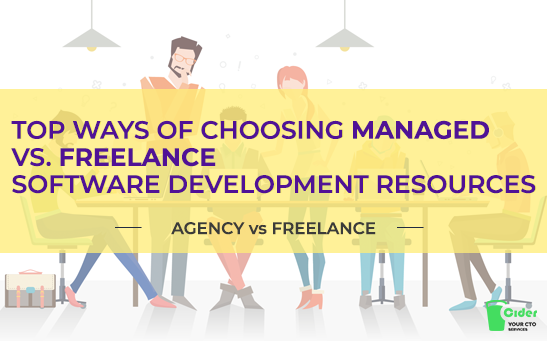GREATER DEMAND WITH TECH EXPANSIONS
The problem will only be exacerbated by the fact that increasing numbers of tech companies are moving to the Bay area. Apple, 8X8, Bloom Energy and HP Enterprise have all expanded or relocated to the neighborhood and are all demanding high-caliber staff who can meet the needs of their highly technical enterprises. Unfortunately, in a region that is already struggling to attract new residents and retain the residents that it already has, the problem is being further aggravated by the fact that insufficient housing is being built to accommodate those essential workers. It has been calculated that there is a need for 250,000 new housing units in the area every year, however, at present only 110,000 are being constructed annually.
TRAFFIC CONGESTION EXACERBATING THE PROBLEM
Although it may not immediately appear to have an impact on the labor market, the worsening traffic problems around the Silicon Valley and Bay area are also having a knock-on effect on levels of employment in the area. With the average commute taking around 2 hours, the once-present appeal of working in Silicon Valley is extremely diminished and the result is that new talent is reluctant to work here and existing talent is keen to leave.
THE AGING POPULATION
As if all of this wasn’t enough, there is a further problem facing the executives in charge of staff recruitment – the aging workforce. Evidence has shown recently that in some of the industries in Silicon Valley half of workers are aged 45 and above, and this spells further difficulties as increasing numbers choose to opt for early retirement or to leave the sector due to burnout and stress issues. With many managers and leaders of organizations (as well as workers further down the line) coming to the end of their career paths, the problem of who will be able to replace them looks set to be a major issue within the next decade as the oldest members of the workforce depart with, potentially, no one capable of replacing them.
THE SOLUTION TO THE PROBLEM
There is an effective solution to the recruitment problem in Silicon Valley, however. By outsourcing work to local vendors with worldwide reach to highly skilled vendors, not only can firms save the time and effort of attracting and retaining homegrown staff, but they can also save themselves the challenge of trying to obtain H1B visas for talent from abroad. Utilizing local vendors with highly skilled developers will not only help to reduce the hassle and difficulties faced by tech companies in this area which is struggling to attract and retain staff in the existing economic climate but will also help to slash their costs and get essential work completed at a lower price.
While in the past, working with a remote team posed its own challenges, today, there has been a shift in the equilibrium. Thanks to the power of the internet and the cloud, more companies are now adept at managing remote workers and with the improvements that have been made in collaboration tools with the possibilities of video calling, high-quality project management software, and next-generation chat programs, many high-profile businesses are now using outsourced development teams with great success.
Harnessing the power of overseas talent sidesteps the many problems that the Silicon Valley working environment presents in terms of obtaining visas, finding affordable housing, and recruiting talented employees who are prepared to put up with the many challenges that the area throws up in order to work for a prestigious tech company. By outsourcing, organizations can successfully take their business through the future difficulties that they face.
Cider is a Software Development Company based in the heart of Silicon Valley. We combine business domain knowledge and technology expertise of more than 50 development studios spread around the world. We specialize in custom software development, AWS and Salesforce integration, web development and mobile app development. We have experience in building software across different verticals: from eCommerce to Healthcare.
We will be happy to help you choose the right hosting provider and build a website! Reach out to us for a FREE Quote!





